On our last post, we touched on the fact many couples wait until after they are married or until their relationship is falling apart to seek help. In fact, according to Dr. John Gottman, many couples wait an average of six years of being unhappy before they seek help.
Marriage counselling can be an asset to most couples, especially very early on in your relationship.
For those wondering if they should be seeking help, but are not ready to reach out to a professional yet, we recommended spending time asking each other some important questions from Eleanor Standford’s ’13 Questions To Ask Before Getting Married’ (as published in The New York Times on March 24, 2016).
We hope you enjoyed asking each other the first three questions and finding more about each other.
And now, here are the last 10:

4. How important is religion? How will we celebrate religious holidays, if at all?
If two people come from different religious backgrounds, is each going to pursue his or her own religious affiliation? Dr. Scuka has worked with couples on encouraging honest discussion around this issue as the executive director of the National Institute of Relationship Enhancement. What is more, spouses are especially likely to experience conflict over religious traditions when children are added to the mix, according to Dr. Wilcox. If the couple decide to have children, they must ask how thechildren’s religious education will be handled. It is better to have a plan, he said.
 5. Is my debt your debt? Would you be willing to bail me out?
5. Is my debt your debt? Would you be willing to bail me out?
It’s important to know how your partner feels about financial self-sufficiency and whether he or she expects you to keep your resources separate, said Frederick Hertz, a divorce lawyer. Disclosing debts is very important. Equally, if there is a serious discrepancy between your incomeand your partner’s, Dr. Scuka recommended creating a basic budget according to proportional incomes. Many couples fail to discuss sharing finances, though it is crucial, he said.
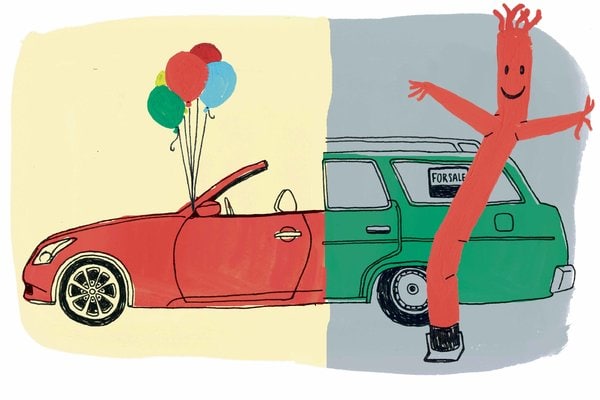 6. What’s the most you would be willing to spend on a car, a couch, shoes?
6. What’s the most you would be willing to spend on a car, a couch, shoes?
Couples should make sure they are on the same page in terms of financial caution or recklessness. Buying a car is a great indicator, according to Mr. Hertz. Couples can also frame this question around what they spend reckless amounts of money on, he said.
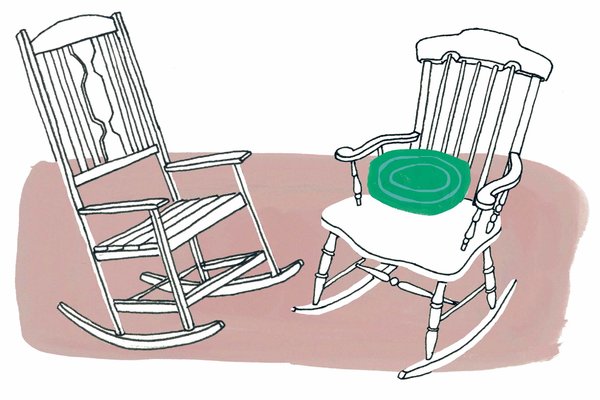 7. Can you deal with my doing things without you?
7. Can you deal with my doing things without you?
Going into marriage, many people hope to keep their autonomy in certain areas of their life at the same time they are building a partnership with their spouse, according to Seth Eisenberg, the president of Pairs (Practical Application of Intimate Relationship Skills). This means they may be unwilling to share hobbies or friends, and this can lead to tension and feelings of rejection if it isn’t discussed. Couples may also have different expectations as to what “privacy” means, added Dr. Klein, and that should be discussed, too. Dr. Wilcox suggested asking your partner when he or shemost needs to be alone.
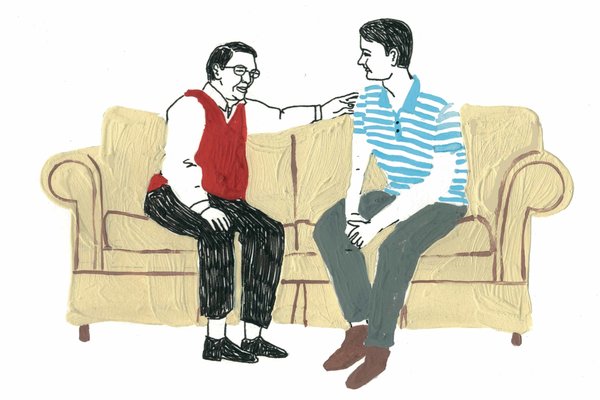 8. Do welike each other’s parents?
8. Do welike each other’s parents?
As long as you and your partner present a united front, having a bad relationship with your in-laws can be manageable, Dr. Scuka said. But if a spouse is not willing to address the issue with his or her parents, it can bode very poorly for the long-term health of the relationship, he said. At the same time, Dr. Pearson said, considering the strengths and weaknesses of your parents can illuminate future patterns of attachment or distancing in your own relationship.
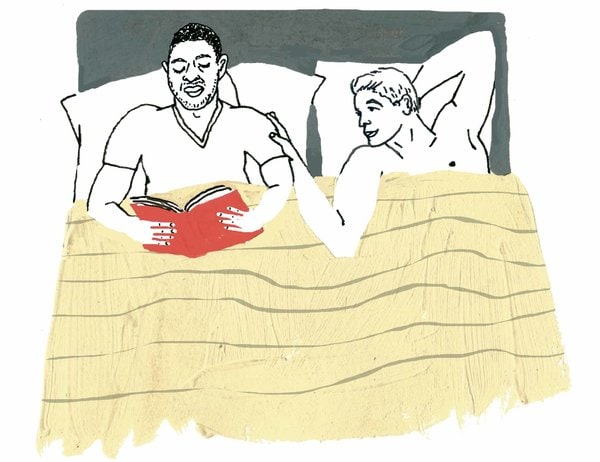 9. How important is sex to you?
9. How important is sex to you?
Couples today expect to remain sexually excited by their spouse, anexpectation that did not exist in the past, according to Mr. Eisenberg. A healthy relationship will include discussion of what partners enjoy about sex as well as how often they expect to have it, Dr. Klein said. If people are looking to experience different things through sex — pleasure versus feeling young, for example — some negotiation may be required to ensure both partners remain satisfied.
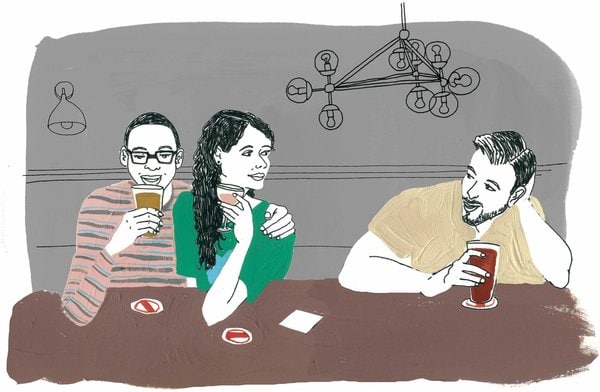 10. How far should we take flirting with other people? Is watching pornography O.K.?
10. How far should we take flirting with other people? Is watching pornography O.K.?
Dr. Klein said couples should discuss their attitudes about pornography,flirting and expectations for sexual exclusivity. A couple’s agreement on behavior in this area can, and most likely will, change down the line, he said, but it is good to set the tone early on so both partners are comfortable discussing it. Ideally, sexual exclusivity should be talked about in the same way as other day-to-day concerns, so that problems can be dealt withbefore a partner becomes angry, he said. Dr. Pearson suggested asking your partner outright for his or her views on pornography. Couples are often too scared to ask about this early in the relationship, but he has frequently seen it become a point of tension down the line, he said.
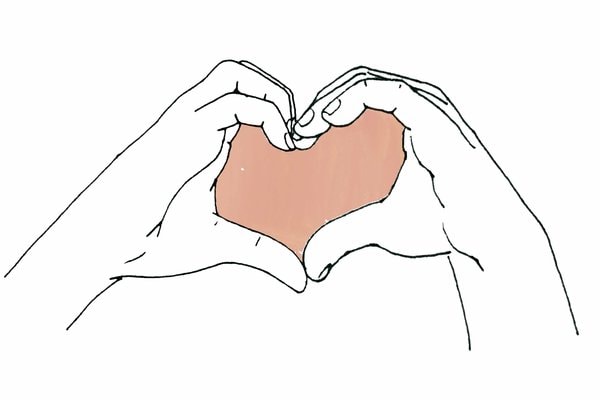 11. Do you know all the ways I say “I love you”?
11. Do you know all the ways I say “I love you”?
Gary Chapman’s 1992 book, “The 5 Love Languages,” introduced this means of categorizing expressions of love to strengthen a marriage. Ms. Martinez hands her premarriage clients a list of the five love languages: affirmation, quality time, receiving gifts, acts of service and physical touch. She asks them to mark their primary and secondary languages and what they think is their partner’s, and discuss them. Mr. Eisenberg said that a couple needs to work out how to nurture the relationship, in a way specific to them.
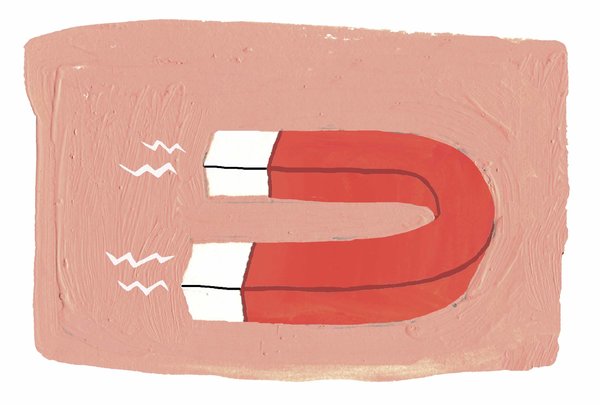 12. What do you admire about me, and what are your pet peeves?
12. What do you admire about me, and what are your pet peeves?
Can you imagine the challenges ever outweighing the admiration? If so, what would you do? Anne Klaeysen, a leader of the New York Society for Ethical Culture, said that couples rarely consider that second question. Ideally, marriage is a life commitment, she said, and it’s not enough to just “click together,” as many couples describe their relationship. A marriage must go deeper than that original “click.”

13. How do you see us 10 years from now?
Keeping the answer to this question in mind can help a couple deal with current conflict as they work toward their ultimate relationship goals, according to Mr. Eisenberg.
Dr. Wilcox said this discussion could also be an opportunity to raise the question of whether each partner will consider divorce if the relationship deteriorates, or whether they expect marriage to be for life, come what may.
Let us know what you discover after discussing the last questions. We look forward to know what you think!
As always, if you or anyone you know is struggling in their relationship and are ready to take action towards transforming pain and discomfort into joyful curiosity, please don’t hesitate to contact us. We are here to help.
Wishing you all the best,
References: https://www.gottman.com/
http://www.nytimes.com/interactive/2016/03/23/fashion/weddings/marriage-questions.html?_r=0
Illustrations:
Julia Rottman for The New York Times


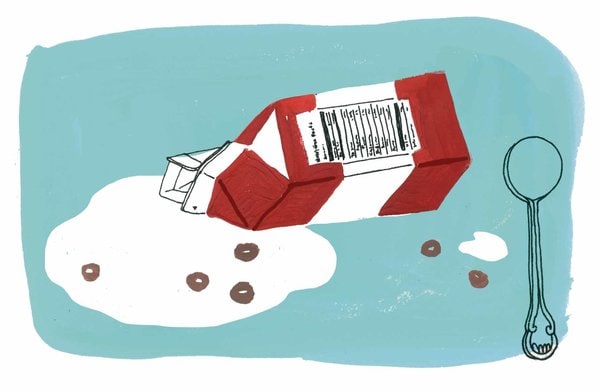

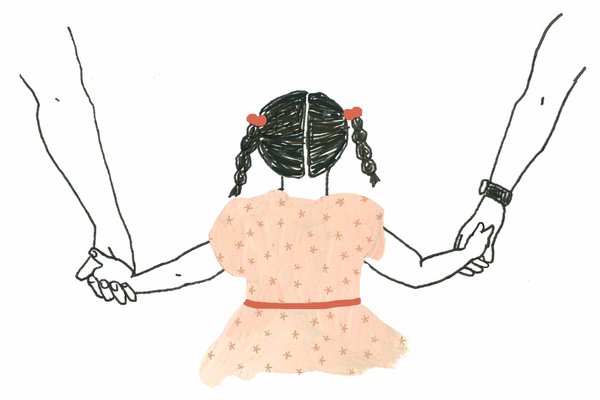 3. Will our experiences with our exes help or hinder us?
3. Will our experiences with our exes help or hinder us?
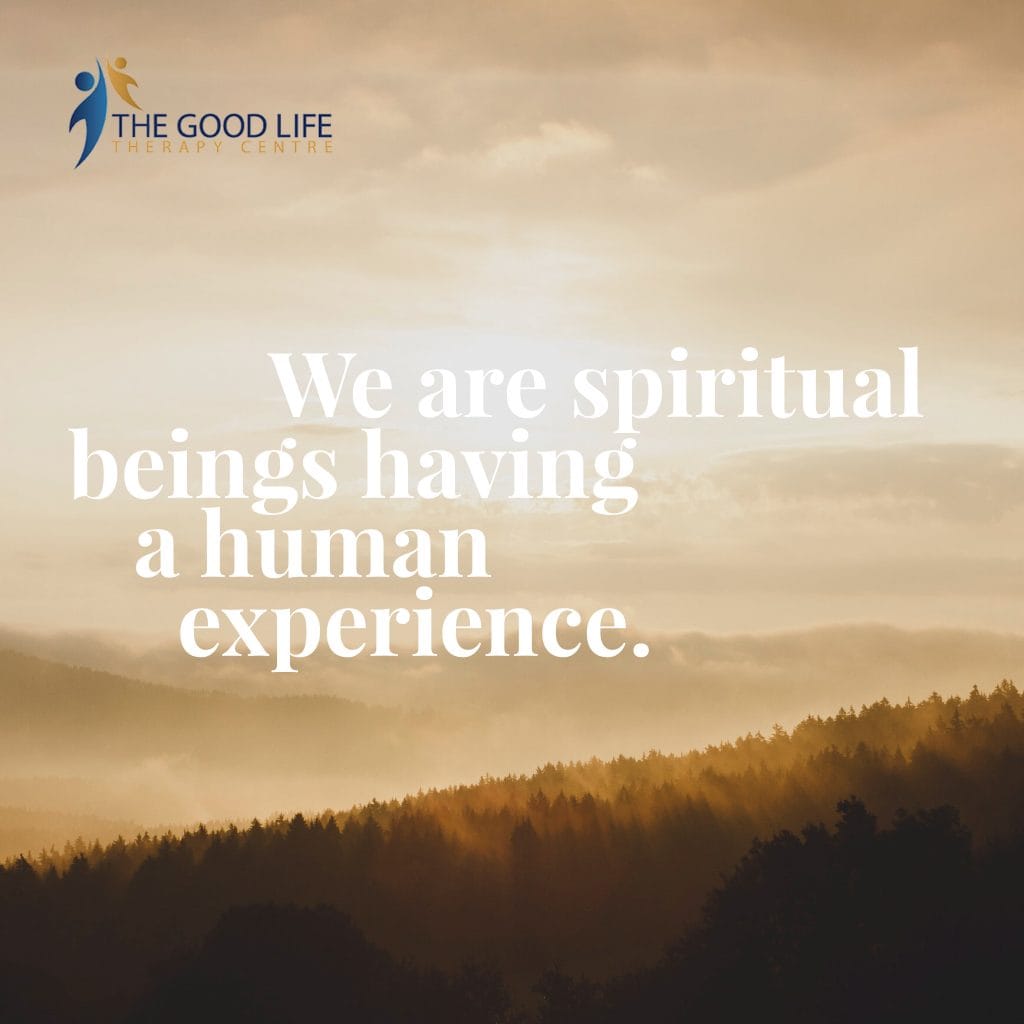
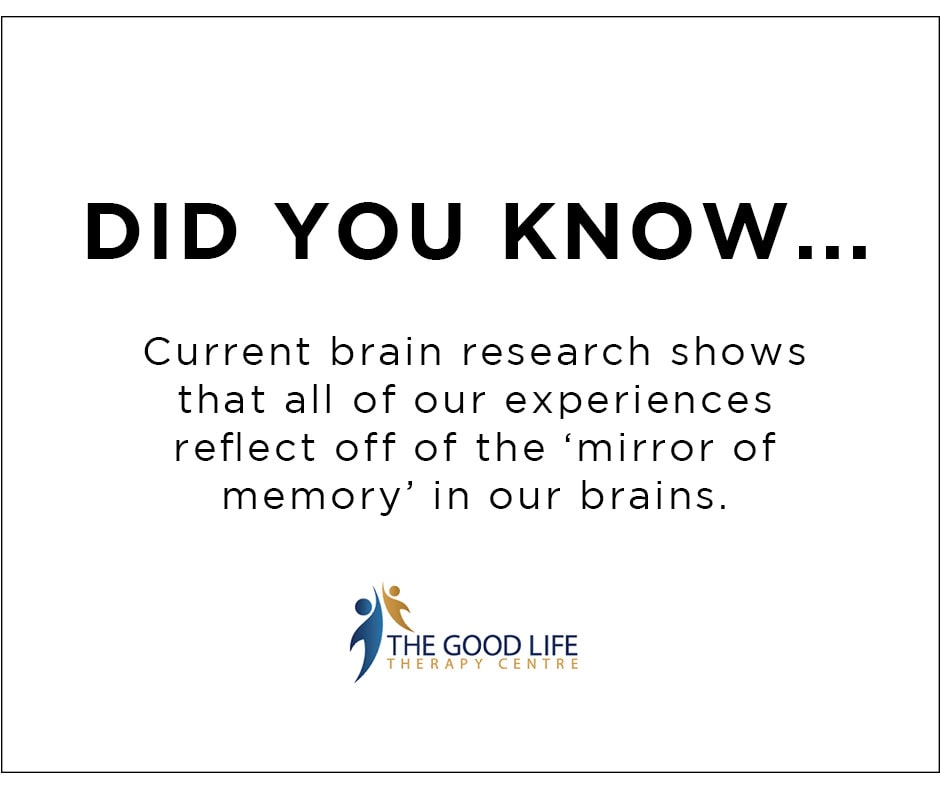



 When I spend time with my 10-year-old grandson, it is clear to me that he feels just as much as any girl his age.
When I spend time with my 10-year-old grandson, it is clear to me that he feels just as much as any girl his age.